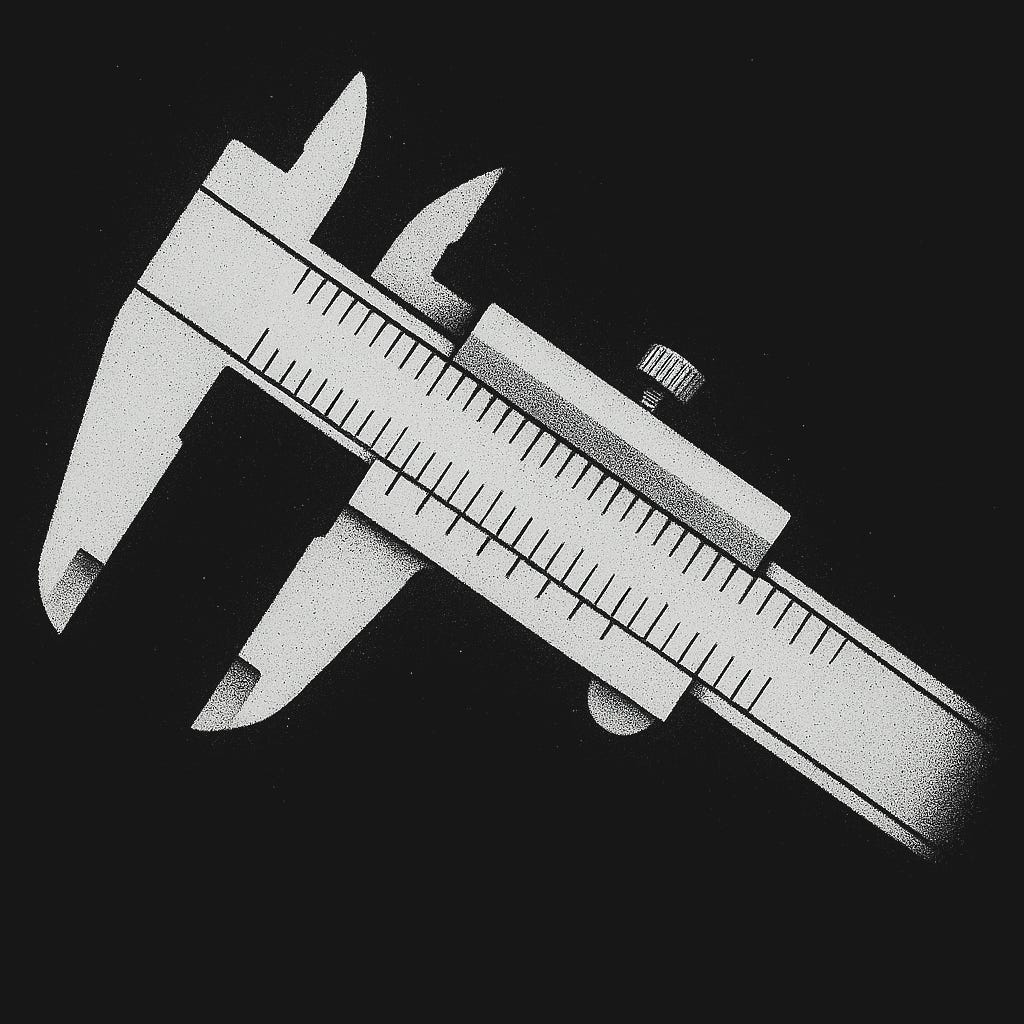Recalibrate your expectations
The place of scientists in society over the past 80 years has been a historical anomaly.
The place of scientists in society over the past 80 years has been a historical anomaly. Throughout history scientists were forced to make many compromises: Louis Pasteur had to do much of his work in a cold attic, the research directions of most early MIT professors were set by the companies that funded them, Einstein had to work as a patent clerk because there was so little funding for academic positions. The role of professor was, for most of history, a teacher who did science on the side. Post-WWII scientists, however, simultaneously can expect status, high pay, and the ability to work on whatever they want. Today there are tenured professors who get to work on their own research programs, be the cofounder of a company, get large consulting fees as an expert witness, and attend week-long conferences in the Alps or Hawaii.
The era where those expectations are justified may be ending.
Funding cuts, increased demand for justification, cultural hostility to academia, and many other factors might be signs that the place of scientists in society is reverting to the historical mean: a world of more tradeoffs and constrained resources. It’s never nice to be the bearer of bad news, but scientists may need to recalibrate their expectations around their roles and the tradeoffs they face:
Resources will come with constraints. If you want to work on exactly what you think is interesting at your own speed, you will need to make do with relatively few resources. Expensive work will come with milestones, external input on direction, and potentially a manager. Resource-heavy projects will need to be explicitly tied to a corporate or national interest.
Exploratory science may need to once again become a “side-project” for many people. This is, again, the historical norm. This shift will require culture to adjust to taking seriously people who don’t do science full time.
Another uncomfortable historical norm: the actions recommended by scientists may not be considered authoritative, even in the subjects they study.
If you do want to do science full time, expect to need to justify your work to people who do not understand it.
Scientists could exhibit more solidarity – shifting away from the fairly “every person for themselves” culture that dominates a lot of science back to the competitive-but-ultimately-we’re-in-the-same-boat of a small weird “scene.”
Many of these circumstances will already be familiar – they could just become the norm. Luckily, most great science was actually done under similar conditions.


